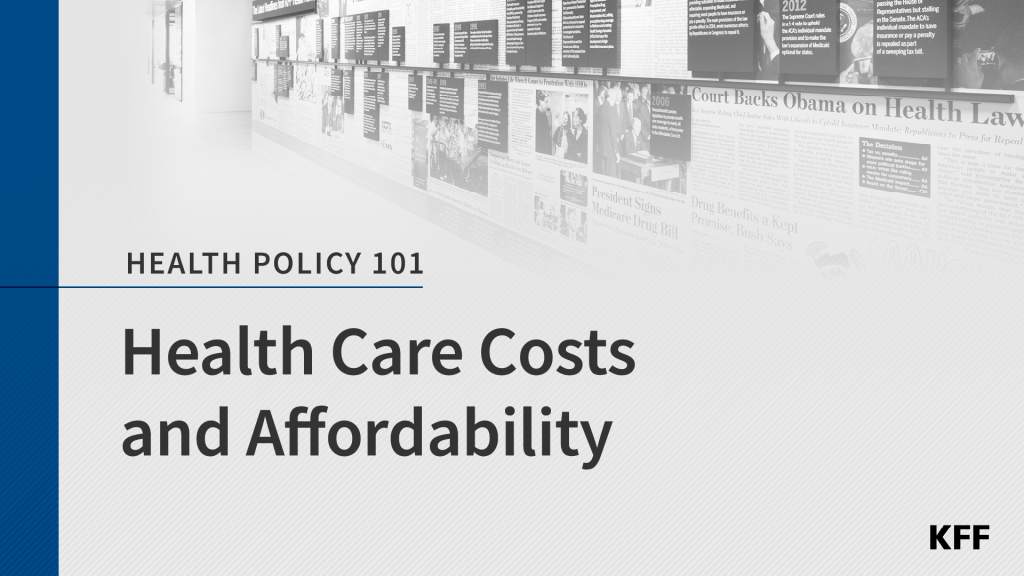The Public Weighs In On Medicare Drug Negotiations
This data note from the latest KFF Health Tracking Poll explores the public's views on Medicare drug price negotiation, including how arguments on both sides impact support and opposition; confidence in leaders to do the right thing on drug pricing; and experiences with prescription drug costs.
